History
10 US Settlements Established And Sustained By Black Citizens

In times when fairness was out of reach, some chose to create it on their own terms. Black settlers across the United States established towns where opportunity wasn’t filtered through barriers. These places grew through resilience, care, and vision. The article looks into ten such communities that reflect a powerful chapter in American history.
Mound Bayou, Mississippi

Carved out of undeveloped land in the Mississippi Delta’s Bolivar County in 1887, Mound Bayou was a bold declaration of Black independence. Established by Isaiah T. Montgomery alongside other formerly enslaved individuals, the settlement sought autonomy from white dominance and evolved into a self-governed community.
Eatonville, Florida

Named after Josiah Eaton, a landowner who sold property to Black settlers, Eatonville was incorporated in 1887. This pioneering community offered political autonomy through Black leadership, economic stability via land and business enterprise, and cultural richness through educational institutions and churches. Notably, author Zora Neale Hurston was raised there.
Nicodemus, Kansas

Founded in 1877 by formerly enslaved Kentuckians, Nicodemus was established as a haven following the failure to protect Black rights after the Civil War. Its settlers braved harsh prairie life to build schools and businesses. In 1996, Nicodemus was named a National Historic Site—the only remaining Western town founded by African Americans that still exists.
Boley, Oklahoma
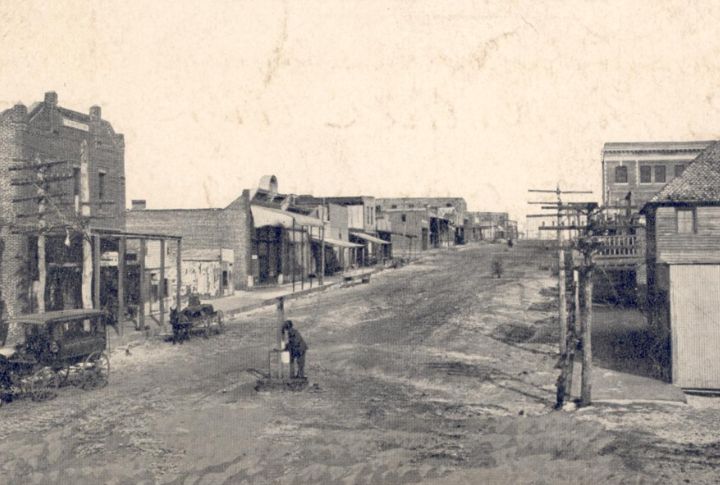
Booming with over 4,000 residents by 1911, Boley was no sleepy settlement. Pioneered in 1903, it boasted Black-owned banks, such as the First National Bank of Boley, and thrived on a strong railroad economy. Booker T. Washington once called it “the most enterprising Black town in the US,” a powerful endorsement of its vision.
Allensworth, California
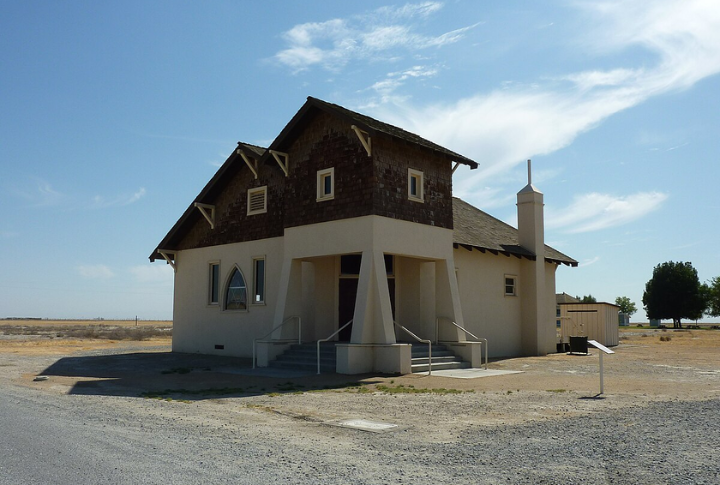
Colonel Allen Allensworth led the effort to create a town where Black citizens could live free from prejudice. Established in 1908, it fostered Black-owned businesses like the Allensworth Hotel and landmarks such as the Baptist church. The Allensworth School also symbolizes the community’s control of education and commitment to nurturing future generations without bias.
Rentiesville, Oklahoma
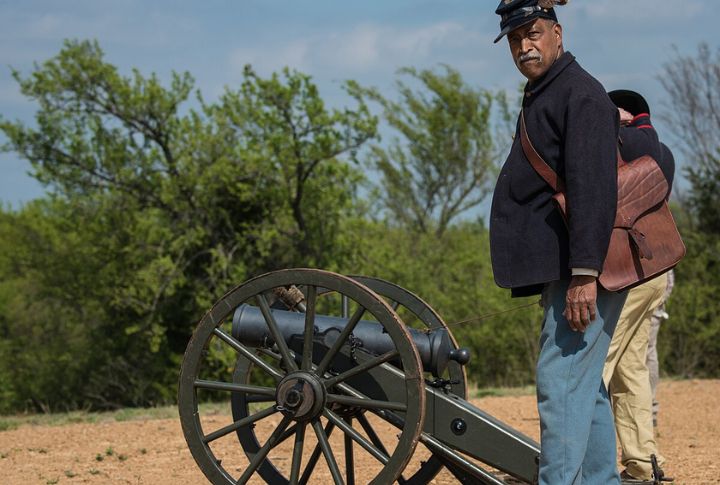
Rentiesville is an all-Black town formed in 1903 by William Rentie and Phoebe McIntosh. It is the birthplace of Dr. John Hope Franklin, a pioneering historian who shaped black history by documenting their experiences. The town is also known for the Dusk Til Dawn Blues Festival, an annual celebration of music and Black culture.
Dearfield, Colorado
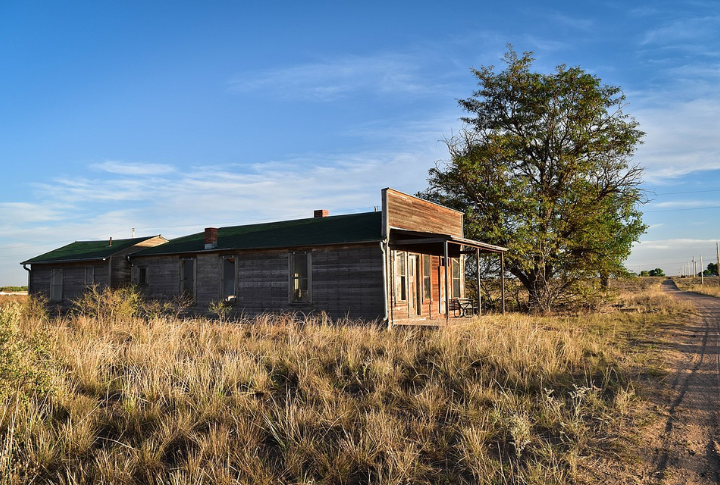
Imagine betting your future on dry plains and grit. That’s precisely what visionary Oliver Toussaint Jackson did in 1910. Dearfield soon blossomed into a self-sustaining agricultural hub, with farms, livestock, and local businesses supporting over 200 residents by the early 1920s. Its name blended “dear” and “field,” reflecting pride in hard-earned, valued land.
Freedmen’s Town, Texas
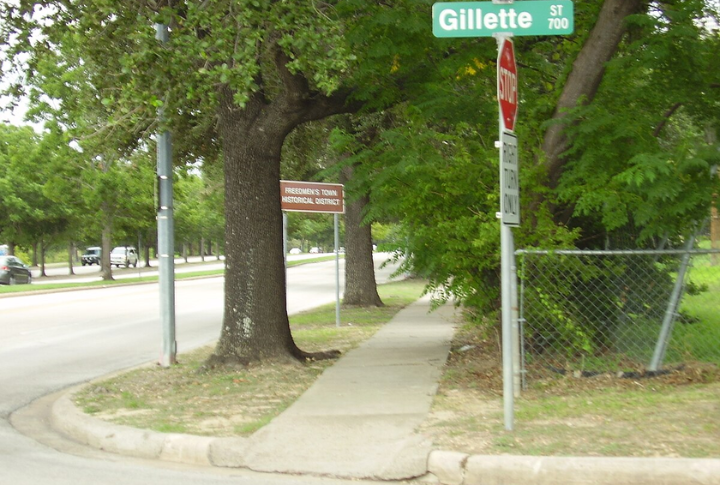
In 1865, formerly enslaved Black residents created Freedmen’s Town in Houston, a vibrant cultural and economic hub. Beyond homes and businesses, it hosted social events and skilled trades like carpentry and tailoring. Despite facing segregation, discrimination, and economic hardships, landmarks like Antioch Missionary Baptist Church continue to honor their lasting legacy.
Lincolnville, Florida
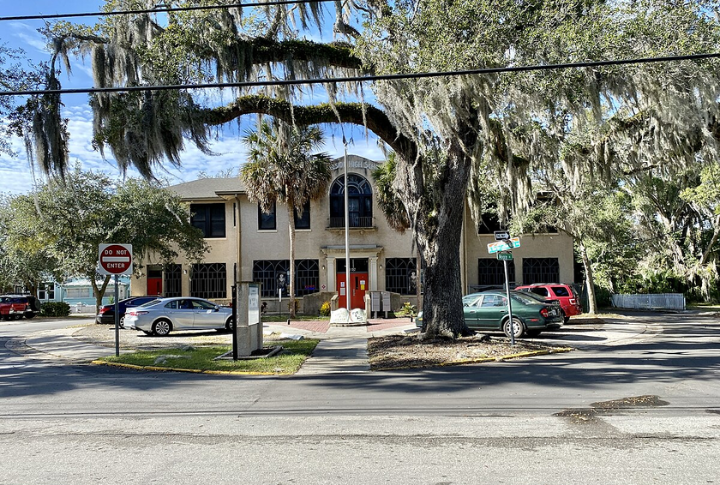
Lincolnville, in St. Augustine, Florida, was founded by freed Black men and women in 1866 and named after Abraham Lincoln. It grew into a Civil Rights hub by hosting protests that advanced racial equality. Today, it features the Lincolnville Museum and Cultural Center, historic churches, and guided heritage tours showcasing its rich Black history.
Princeville, North Carolina
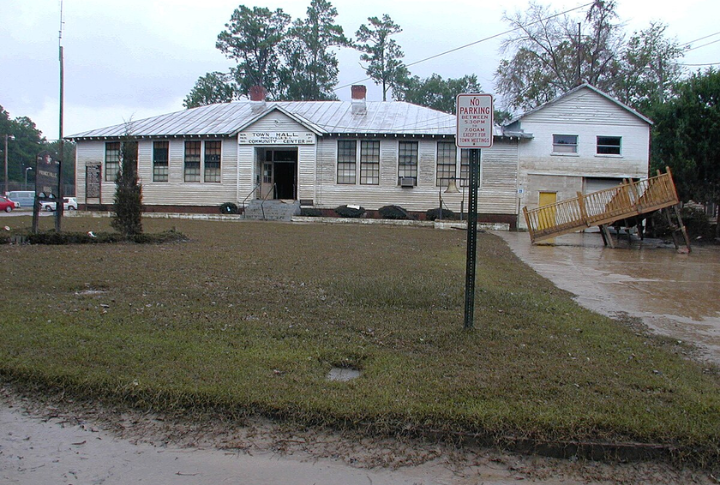
Princeville, established in 1885 in North Carolina, is recognized as the first town incorporated by African Americans in the United States. It was originally named Freedom Hill by formerly enslaved settlers after the Civil War. The community faced floods and economic hardship. However, it survived and went on to build a legacy of Black local control and resilience.

